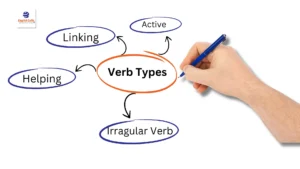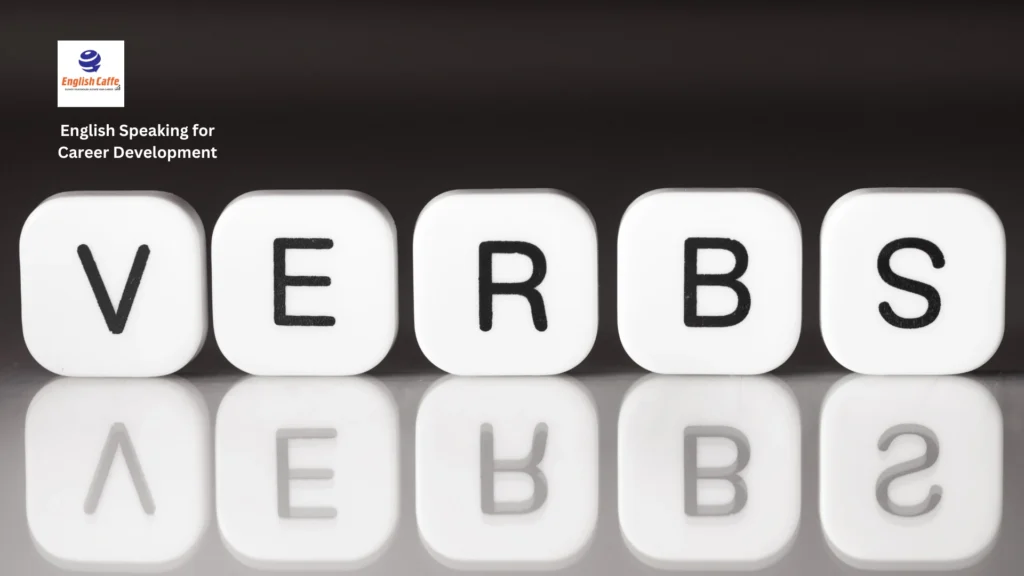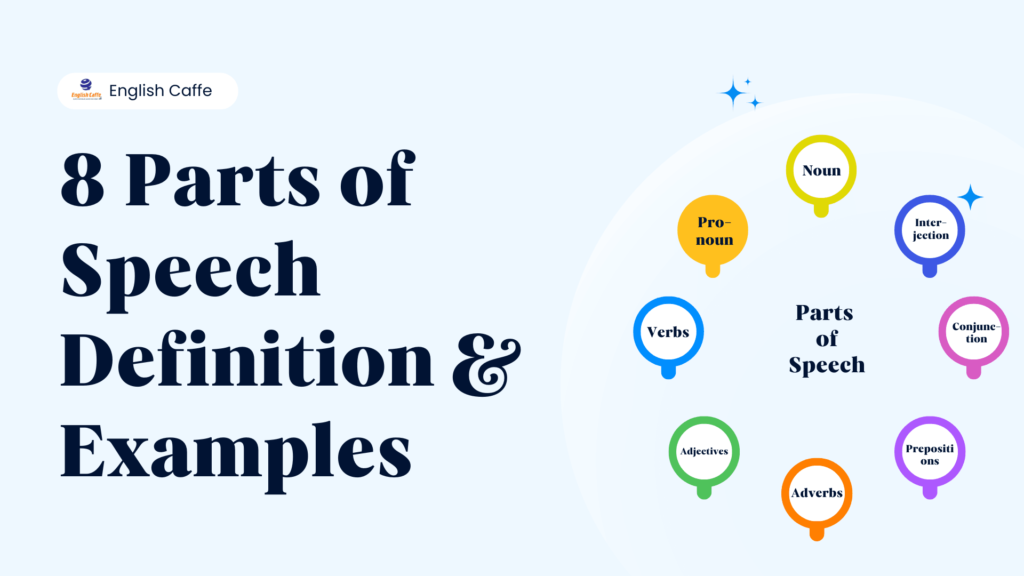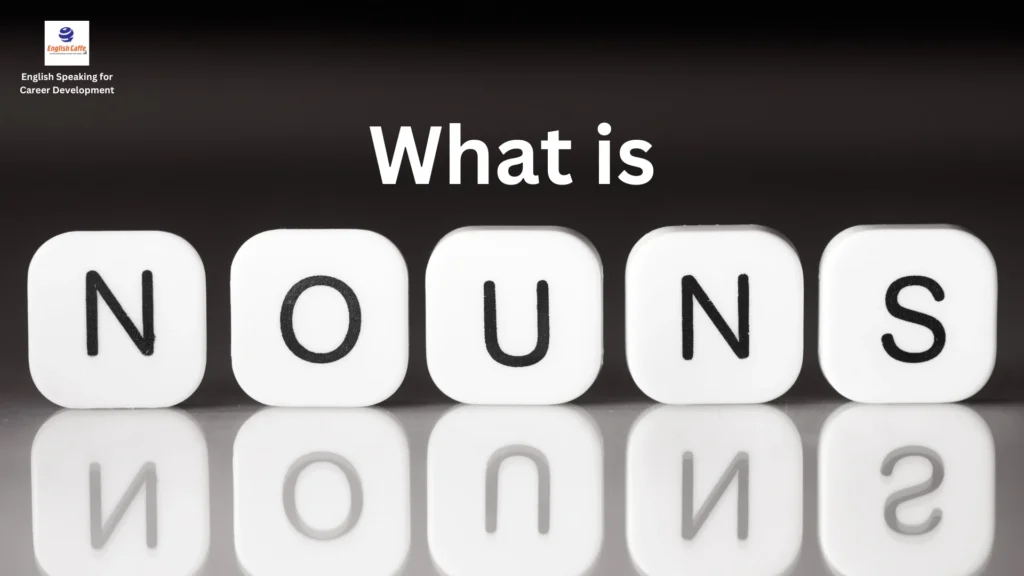What is a Verb in Parts of Speech?
In the English language, words are classified into different categories based on their roles in a sentence. These categories are known as “parts of speech.” One of the most important parts of speech is the verb. In this article, we will explore what is verb example, definition, why it is important, and provide some useful tips for learning verbs. By the end of this article, you will have a clear understanding of verbs and how to use them correctly in sentences.
What is a Verb?
A verb is a word that depicts an action, state, or occurrence. It is an integral part of every sentence; it tells us what the subject (the person or thing that is doing the action) is doing or what is happening to it. If a sentence does not have a verb, it is not meaningful or full.
For example:
- She runs.
In this sentence, “runs” is the verb because it informs us about what the subject “She” is performing. - The cake smells delicious.
Here, “smells” is the verb because what it tells about is the condition of the cake.
Verbs can also express different tenses, such as present, past, and future, which tell us when the action is happening.
Also, check this What is a Noun
Types of Verbs

There are different types of verbs in English. Let us look at some of the most common ones:
1. Action Verbs
Action verbs denote actions performed by someone or something. These actions can be physical or mental.
Physical Action Verbs:
These verbs describe actions that can be seen or touched. For example: Run, Jump, Eat, Sing
Example sentence: He jumped over the fence.
Mental Action Verbs:
These verbs describe actions that happen in the mind, like thinking or understanding. For example: Think, Believe, Understand, Remember
Example sentence: She believes in magic.
2. Linking Verbs
Linking verbs connect the subject of a sentence with some information about the subject itself. They do not show action but rather connect the subject with a word that describes or identifies it.
Common linking verbs include:
Am, Is, Are, Was, Were, Be
Example sentence: The sky is blue.
In this sentence, “is” links the subject “sky” to the adjective “blue.”
3. Helping Verbs
Helping verbs are used with the main verb to create different tenses, moods, or voices. They help the main verb express more information.
Common helping verbs include:
Have, Do, Be, Can, Will, Should
Example sentence: She has finished her homework.
In this sentence, “has” is the helping verb that helps the main verb “finished” express the present perfect tense.
4. Irregular Verbs
Some verbs do not follow the regular pattern of adding “-ed” to form the past tense. These are called irregular verbs.
Examples:
- Go → Went
- Eat → Ate
- Run → Ran
Example sentence: I ate lunch at noon.
Why is Verbs Important?
Verbs are the backbone of any sentence. Without a verb, we cannot express what is happening. Here are some reasons why verbs are so important in English:
- They Show Action or State:
Verbs help us understand what the subject of a sentence is doing or experiencing. Whether it’s running, thinking, or being, verbs tell us what’s happening. - They Give Meaning to Sentences:
A sentence without a verb is incomplete. Verbs provide the action or state of being that makes a sentence meaningful. - They Help Express Time:
Verbs help us understand when an action is taking place—whether it’s in the past, present, or future. This is done through verb tenses. - They Make Sentences Interesting:
Verbs can describe exciting actions, thoughts, or feelings, making the sentence more engaging and informative.
Tips to Learn Verbs

Learning verbs can be fun and easy if you follow these simple tips:
1. Practice with Action Verbs
Start by learning action verbs. These are the easiest to understand because they describe things that happen. Make a list of common action verbs like run, jump, play, eat, and sing. Try using them in sentences to see how they work.
Example: I eat breakfast every morning.
2. Learn Verb Tenses
Verbs change based on when the action happens. Learning the three main tenses—past, present, and future—will help you use verbs correctly. Start with regular verbs and practice forming the past tense by adding “-ed.”
Example:
- Present: I walk to school.
- Past: I walked to school.
- Future: I will walk to school.
3. Use Flashcards
Flashcards are a great way to memorize verbs. Write a verb on one side of the card and its meaning or a sentence on the other side. Review the cards regularly to improve your memory.
4. Watch Videos or Read Books
Watching videos or reading books can help you see verbs in action. Pay attention to how verbs are used in sentences. You can also try reading aloud to practice the correct pronunciation and usage.
5. Play Verb Games
Games like word searches, crossword puzzles, or online quizzes can make learning verbs more fun. Many websites offer interactive games to practice verbs and their tenses.
6. Write Sentences Using New Verbs
When you learn a new verb, try writing sentences with it. This will help you remember the verb and understand how it fits into different contexts.
Conclusion
In summary, a verb is a crucial part of speech that shows action, state, or occurrence in a sentence. Whether it’s an action verb, linking verb, or helping verb, verbs help us communicate ideas clearly. They allow us to describe what is happening, when it is happening, and who is doing it. By practicing different types of verbs and using them in sentences, you can improve your understanding of this important part of speech.
Remember, verbs are everywhere in language, so the more you practice, the easier it will be to recognize and use them correctly. So, start exploring verbs today and make your sentences more exciting and meaningful.
Frequently Asked Questions
A verb expresses an act, state of being, or occurrence inside a sentence. It instructs the person who is doing an action or what is happening to the subject of the sentence.
Verbs are essential because they provide meaning to a sentence by describing actions or states, and they help express when something happens (past, present, future).
The main types of verbs are action verbs (describing actions), linking verbs (connecting the subject with more information), and helping verbs (assisting main verbs).
To learn verbs, practice with action verbs, study verb tenses, use flashcards, play games, and write sentences using new verbs to reinforce your understanding.
Regular verbs follow a simple rule to form the past tense (e.g., “walk” becomes “walked”), while irregular verbs do not follow this rule (e.g., “go” becomes “went”).



